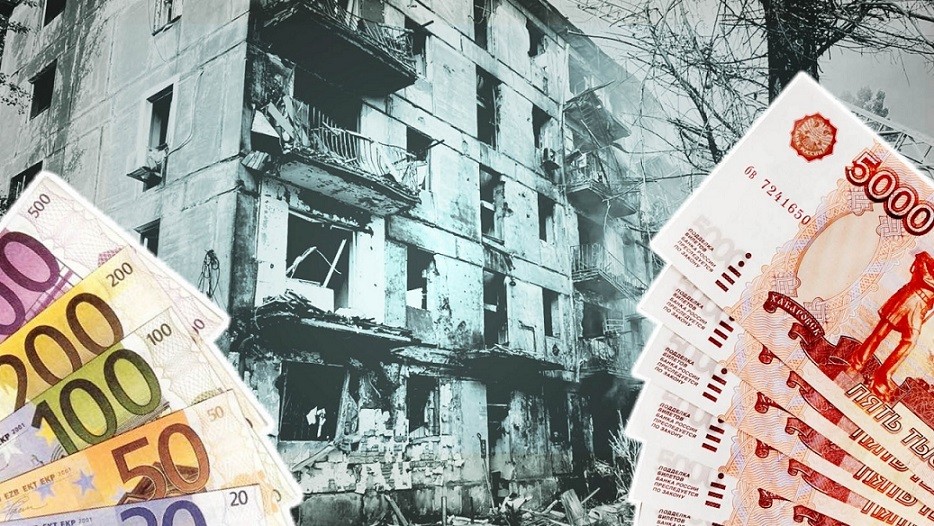 |
| Ukraine is desperately trying to 'spend' Russia's money, urging the US and EU, how will the allies respond? (Source: FT) |
“I consider this task one of Ukraine's strategic priorities, as I have repeatedly stated both publicly and privately,” said the head of the Kyiv Security Forum.
To achieve the goal of confiscating Russia's huge frozen assets, according to Mr. Yatsenyuk, it is very important now to "expand the circle" of allies to support Ukraine in this direction.
The latest information from former Prime Minister Yatsenyuk is that Belgian Prime Minister Alexander De Croo has announced that Brussels will transfer to Ukraine 1.7 billion EUR collected in the form of tax on income from frozen Russian assets. Mr. Yatsenyuk assessed that this is "only the first step, but the right step".
According to the public position of Mr. Arseniy Yatsenyuk, the frozen assets of Russia must be used to cover losses and reinvest in the reconstruction of Ukraine.
“This step should be followed by further steps – ratifying the decision of the G7 countries on the transfer of Russian resources to Ukraine, creating a mechanism for such transfer and defining the procedure for its application,” Yatsenyuk wrote.
Earlier, Ukrinform reported that at a joint conference with Ukrainian President Volodymyr Zelensky in Brussels, Belgium on October 11, Belgian Prime Minister Alexander De Croo announced that this year, Belgium plans to launch a special fund worth 1.7 billion EUR to support Ukraine - using the proceeds from frozen Russian assets.
After meeting with Mr. De Croo in Belgium, Ukrainian President Volodymyr Zelensky also announced on Telegram that he discussed ways "how to use the frozen Russian assets now without wasting time to compensate for the damage." Mr. Zelensky also thanked the Belgian leader for "the principled actions regarding the frozen Russian assets," according to the media.
Also with the goal of finding a way to use Russian assets frozen abroad, the head of the Ukrainian Ministry of Finance has just raised the issue with the US side to expect support. "Kiev expects the US and its allies to build a mechanism to use Russian assets for the benefit of Ukraine."
The above proposal was made by the Ukrainian Ministry of Finance during a recent meeting between Ukrainian Finance Minister Sergii Marchenko and US Under Secretary of the Treasury for International Affairs Jay Shambaugh, during the annual meeting of the World Bank (WB) and the International Monetary Fund (IMF).
During the meeting, Minister Marchenko acknowledged the US support, “I am grateful for the smooth and predictable provision of funds this year, which has allowed us to ensure timely implementation of the budget. The United States is one of the leading countries in providing finance to Ukraine. The amount of direct budgetary support has reached $22.9 billion since the beginning of the conflict.” However, he did not forget to emphasize: “Russian assets will become the basis for further financing of the recovery and reconstruction of Ukraine.”
When discussing the draft Budget for 2024, Kiev stated that the need for budget support will be at the current year's level. The budget deficit is expected to be $42.9 billion, and the Ukrainian Finance Ministry is also counting on support from international partners to finance social and humanitarian spending.
However, to date, the confiscation of Russia's huge assets frozen abroad, or whether this can be done or not, still faces many conflicting opinions.
Addressing the issue in a speech at the University of Texas at Austin, US, last week, US Secretary of State Antony Blinken said that about $300 billion of frozen Russian assets are mostly in Europe, not in the US. They are considering how those assets can be used to rebuild Ukraine. "The US and the EU need to ensure a legal basis for seizing Russian assets," Mr. Blinken affirmed.
Meanwhile, the above-mentioned announcement by Belgium about transferring profits from frozen Russian assets to Ukraine is considered by observers to be unprecedented and quite risky. Many lawmakers in the bloc have pointed out that, “there is no reliable legal path to allow the confiscation of frozen assets or fixed assets for the sole reason that these assets are subject to EU restrictive measures”. In other words, the EU legal system only allows “freezing” of assets but not confiscation.
EU officials have been scheduled to discuss how to use the proceeds from frozen Russian assets to pay for post-conflict reconstruction in Ukraine. However, despite political consensus on this, Europe has been unable to act because it has to study the legality of how these assets would be exploited.
In addition, according to European media, the European Central Bank and some EU finance ministers are concerned that this move could reduce the credibility of the Euro and European government bonds in the eyes of other central banks.
Most recently, in a joint statement on October 12, the Finance Ministers and central bank heads of the G7 countries reaffirmed that they “have pledged to hold Russian assets worth about $280 billion until Moscow compensates Ukraine for damages caused by the military conflict.”
G7 finance ministers and central bank heads made it clear they would consider "all possible avenues to support Ukraine, consistent with our respective legal systems and international law", particularly in the use of frozen Russian sovereign assets.
While the West's actions have stopped here, Ukraine has repeatedly acted unilaterally, confiscating and nationalizing the assets of Russian businessmen accused of funding the conflict, since February 2022.
On October 6, the Security Service of Ukraine (SBU) announced that it continued to freeze the assets of 20 companies in Ukraine, owned by Russian billionaires Mikhail Fridman, Pyotr Aven and Andrey Kosogov. These are people who are close to Russian President Vladimir Putin and have contributed to large-scale funding for Moscow's "special military operation".
The total value of the assets amounted to $464.48 million, including securities and corporate rights of mobile phone carriers, a mineral water producer, financial and insurance companies.
Meanwhile, on this issue, Russia has repeatedly criticized Western efforts to take Russian-owned funds and transfer them to Ukraine, and warned that it would respond in kind if necessary. The Kremlin stated that freezing Russian assets “would be a violation of all rules and norms of international law.”
Source



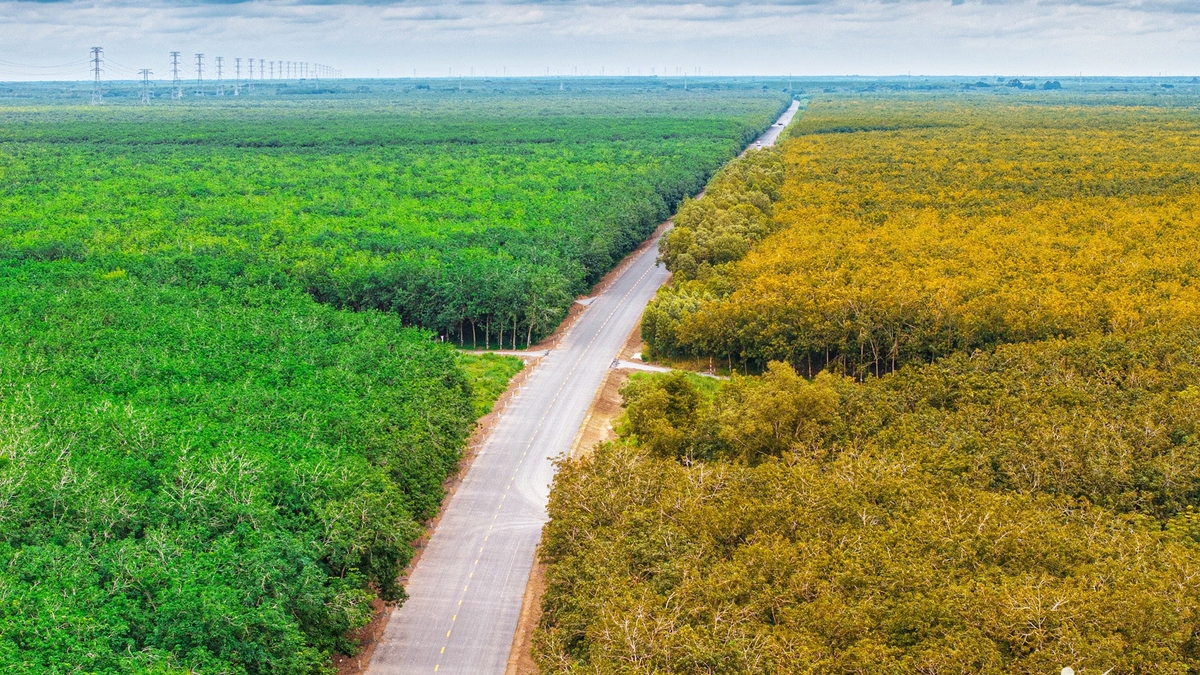








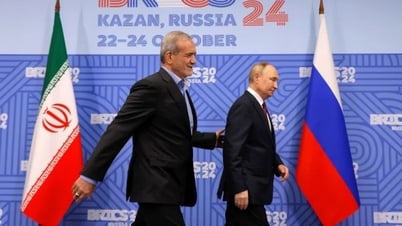
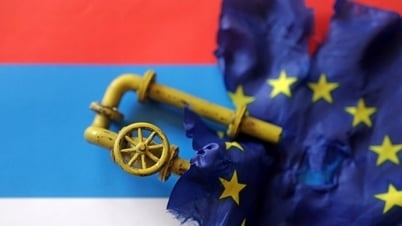

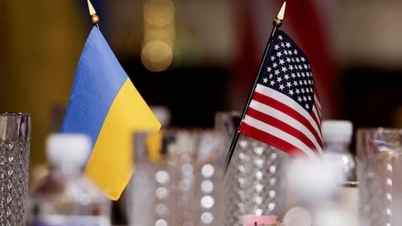
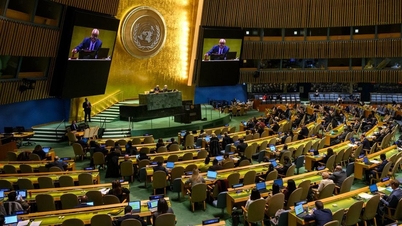

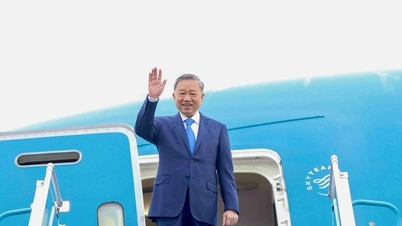
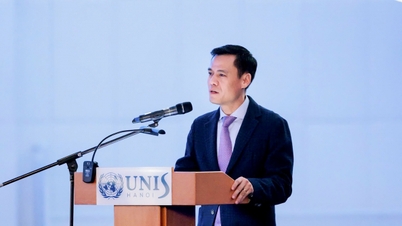
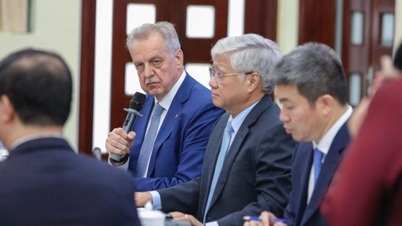

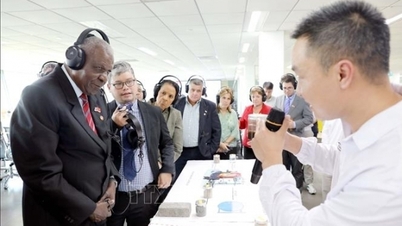









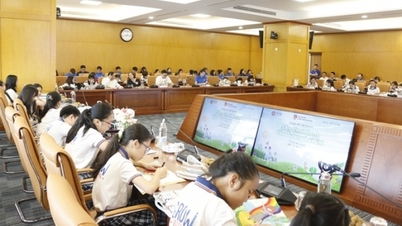














































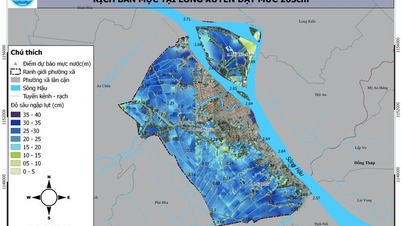

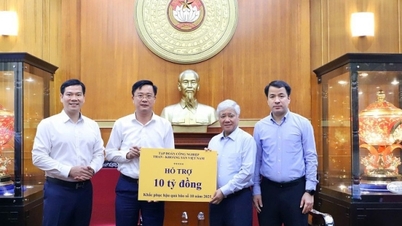
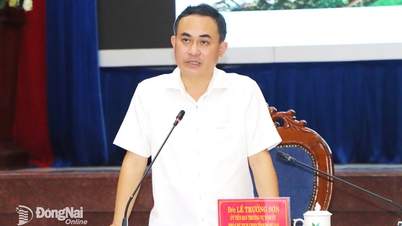


















Comment (0)